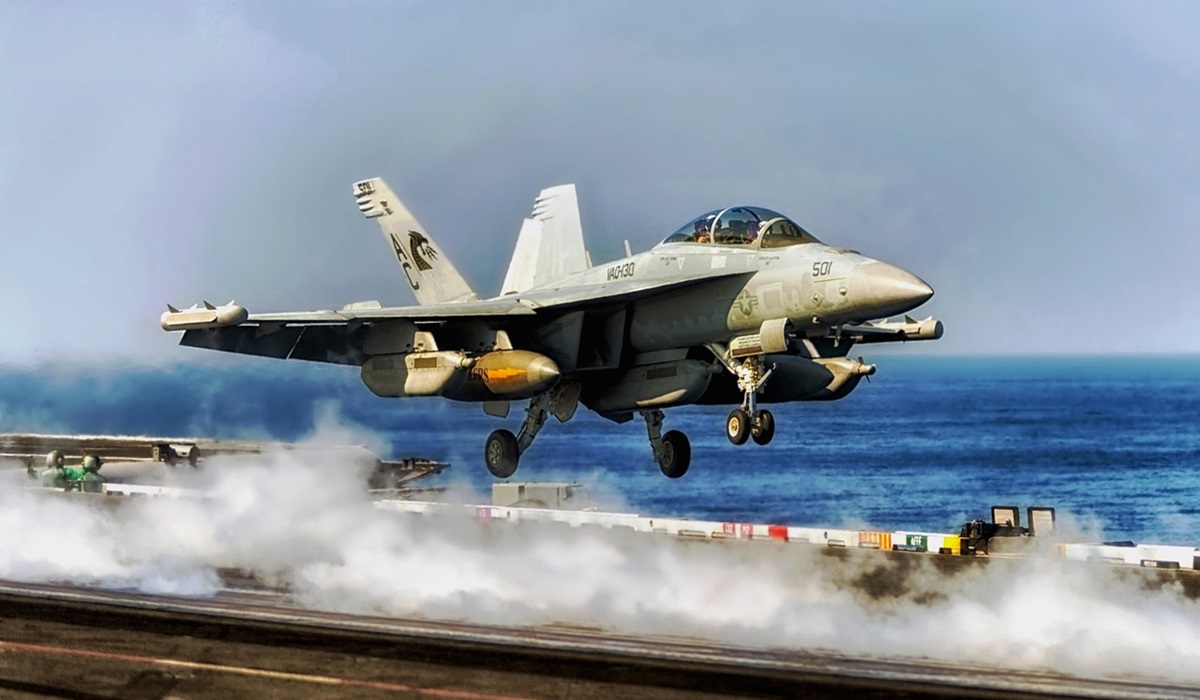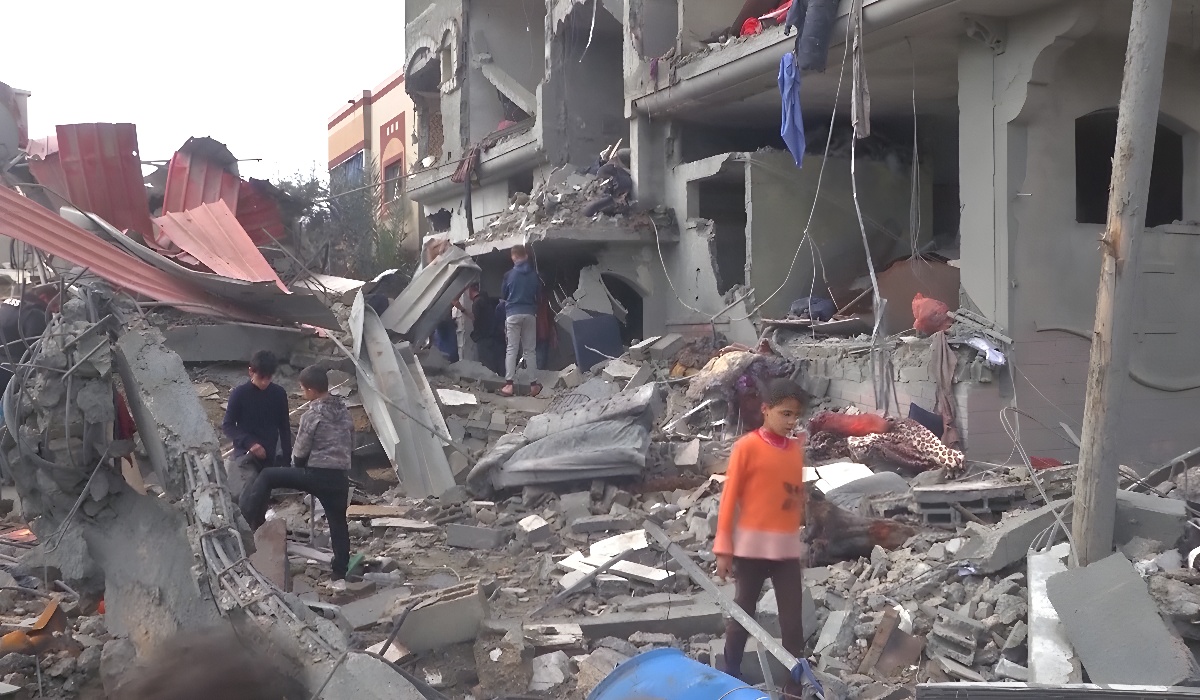America’s Shadow in a World at War: PRIO’s Alarming Conflict Data Omits the Obvious
- TDS News
- Trending News
- June 11, 2025

By: Donovan R. Martin Sr. Editor in Chief
Image Credit, AI Solutions
A new report released by the Peace Research Institute Oslo (PRIO) sends a chilling signal: the number of state-based armed conflicts reached a 70-year high in 2024, with 61 conflicts recorded across 36 countries. That alone is enough to send any rational global citizen into concern. But what the report fails to say—perhaps willfully—is just as critical as what it reveals: the fingerprints of the United States, directly or indirectly, are on almost every single one of these fires burning across the globe.
Let’s not beat around the bush. When you have close to 800 military bases spanning every continent except Antarctica and a defense budget north of a trillion dollars—outpacing the next 10 countries combined—your impact isn’t just consequential; it’s structural. So while PRIO warns of “fragmentation,” “state fragility,” and “multiplying conflicts,” the conversation must now shift to who lit the match, who sold the gasoline, and who keeps fanning the flames.
The PRIO report, “Conflict Trends: A Global Overview,” based on data from the Uppsala Conflict Data Program, attempts a sterile overview of global violence. Yes, it’s informative. But it’s also sanitized. It notes that two major wars—the ongoing Russian invasion of Ukraine and Israel’s brutal war in Gaza—accounted for the lion’s share of battlefield deaths in 2024. What it fails to unpack is how both conflicts are deeply entangled with U.S. foreign policy and military support.

In Ukraine, America’s role as the principal arms supplier and financier of the Zelensky regime is hardly peripheral. Since 2022, the United States has poured tens of billions in military aid into a conflict that shows no signs of de-escalation, while continuing to position NATO expansion as a provocation at Russia’s doorstep. In Gaza, American tax dollars pay for the bombs, jets, and bulldozers used by the Israeli Defense Forces—often against civilian infrastructure—while the U.S. vetoes ceasefire resolutions and shields Israel diplomatically. That’s not neutrality. That’s complicity.
PRIO warns that half of the countries with active conflicts are now battling two or more simultaneous wars. In nine countries, there are three or more internal state-based conflicts. This isn’t just about local grievances bubbling over—it’s about the vacuum left when sovereignty is undermined by economic subjugation, regime change, or drone warfare. It’s about weak states made weaker by decades of externally driven austerity, surveillance, and sabotage—all instruments perfected by the machinery of U.S. hegemony.
Let’s revisit the post-WWII order Rustad references—the so-called “stability the U.S. helped build.” That era gave us the CIA-backed coups in Iran (1953) and Guatemala (1954), the Vietnam War, Operation Condor in Latin America, the invasions of Iraq and Afghanistan, drone strikes from Somalia to Pakistan, and support for proxy wars in Syria, Yemen, and Libya. Each “intervention” created the conditions for more chaos. The legacy isn’t peace; it’s perpetual war under the banner of democracy promotion.

Now, as the PRIO report highlights, Africa has become the new epicenter of state-based violence, with 28 conflicts in 2024—double the number from a decade ago. Groups like Jama’at Nusrat al-Islam wal-Muslimin (JNIM) are gaining ground. But again, what’s missing is context: the hollowed-out states they operate in—Mali, Burkina Faso, Niger—are nations that were entangled in years of U.S. and French counterterrorism operations that destabilized more than they secured. AFRICOM’s presence across the continent, combined with CIA-backed surveillance and training programs, have done little to strengthen sovereignty and everything to fragment it.
It’s telling that the report frames the risk of U.S. “retreat” from the global stage as a major concern. The suggestion is that America must remain engaged or the world will burn. The bitter irony is that the world is burning because of how America has remained engaged: as an empire, not a partner.
Rustad warns that “isolationism” would have “long-term human life consequences.” But for many, American engagement already has. The Cold War has been over for 35 years, yet Cold War tactics persist. The pivot to great power competition with China, the militarization of space, and the rise of cyber-warfare continue the same logic of domination, just with new weapons and frontiers.

Yes, the world is more violent and more fragmented. But what PRIO’s data doesn’t confront is this: we’re not just facing more conflicts—we’re facing the cumulative consequence of a global order built to serve a singular power. Every drone strike, every arms deal, every economic sanction and clandestine coup creates ripple effects that eventually surge into full-blown war.
If the United States truly wishes to avoid isolation, it must abandon empire. That means closing the bases, ending proxy wars, cutting military aid to aggressor regimes, and investing in diplomacy rather than domination.
Until then, reports like PRIO’s will continue to chronicle the symptoms of a world in conflict—without naming the disease.








